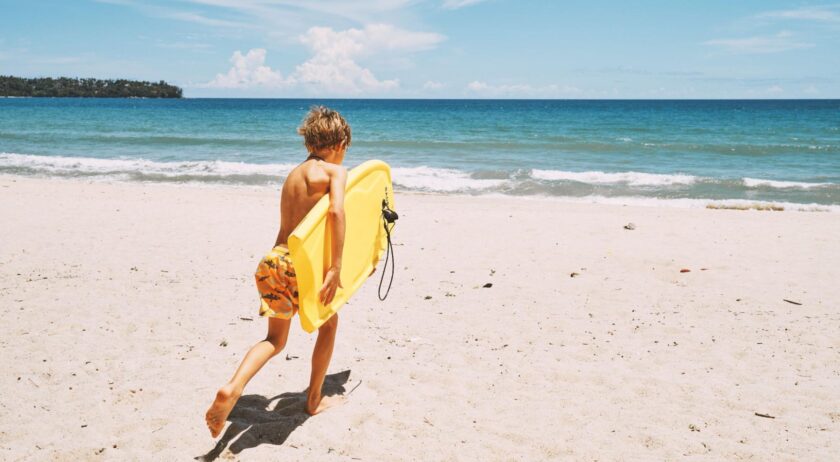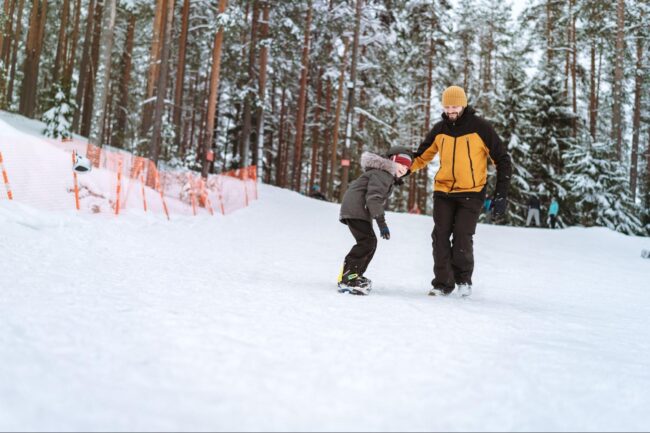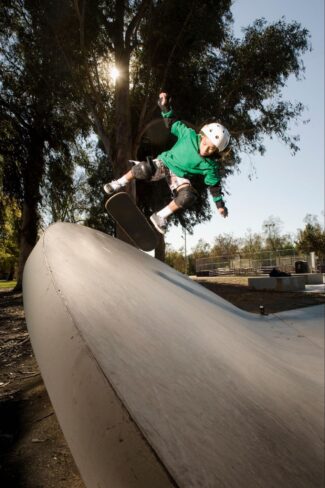Extreme sports such as skateboarding, surfing, rock climbing, and snowboarding can improve executive functions as well as social and emotional learning. Kids may be pulled to these sports due to their cool, flashy stunts. They require a multileveled combination of balance and body awareness. Typically, learning the basics of these skills can be pretty straightforward for kids, but mastering them is often hard. In order to become highly skilled at these tedious sports, kids need to practice their focus, self-awareness, emotional regulation, working memory, and self-control.
For many kids with ADHD and executive functioning difficulties, these sports have a degree of risk that makes them exciting and a bit dangerous. The high level of thrill-seeking makes these sports an ideal opportunity to experience sustained focus and the stimulation of dopamine reward pathways in the brain. It’s not an “accident” that many of the greatest extreme sports athletes have been diagnosed with ADHD.
Supporting kids who struggle with ADHD and executive functioning deficits through the pursuit of extreme sports can be a great way to engage their bodies and minds in effective overall development. Here are some of the ways that skateboarding, surfing, rock climbing, and snowboarding can be used to talk about these skills and practice them.
Focus – The risk inherent in extreme sports is an excellent antidote to the monotony of practice for kids with ADHD. Concentrating on and persisting at building the physical skills needed to skateboard, surf, rock climb, and snowboard help build a “try, try again” attitude outside of those sports.
Flexibility – Skateboarding, surfing, rock climbing, and snowboarding are sports that keep athletes on their toes. High rates of speed and crashing waves mean thinking fast and going with the flow. This is a valuable practice for kids with ADHD, who sometimes have trouble adjusting and transitioning from situations and activities.
Self-Control – Physical and mental self-control are honed by extreme sports. Controlling emotions and having the resolve to work hard and take risks are necessary to master sports like skateboarding, surfing, rock climbing, and snowboarding. This is excellent practice for the real world, where sometimes the rewards for sticking to it are much more mundane than a rush of adrenaline or a trophy.
Self-Awareness – Being aware of one’s body and limits are necessary for extreme sports athletes. Understanding where one is in space as waves crash, obstacles arise, and boards lift off and touch down helps practice spatial awareness and an objective understanding of one’s self. Self-assessment is also a necessary sub-skill of self-awareness for athletes; being able to review one’s performance or understand a weakness or strength is important for an athlete’s growth.
Working Memory – Tricks on a skateboard or snowboard demand remembering a series of actions, knowing where one is in space, and an understanding of order and patterns. This makes extreme sports excellent working memory practice. Believe it or not, it’s the same skill that plays a huge role in reading.






